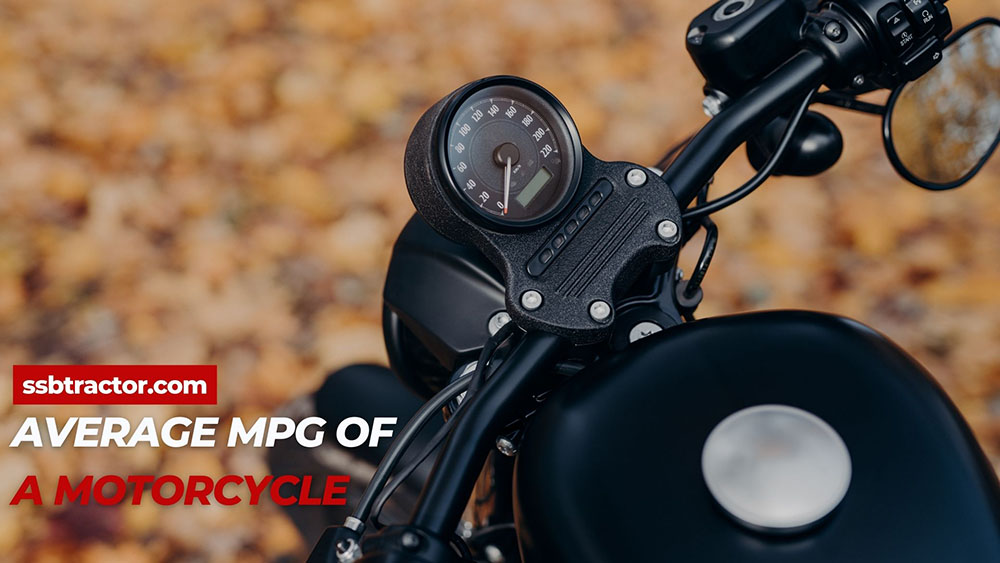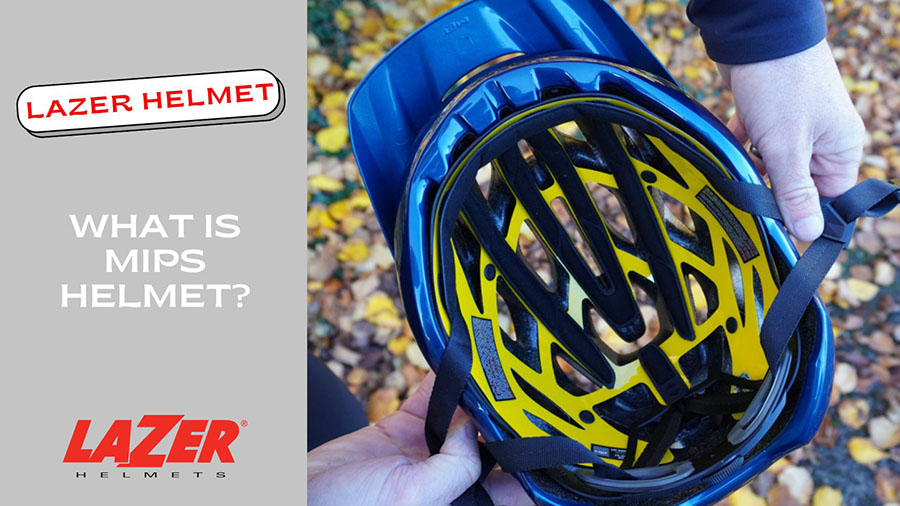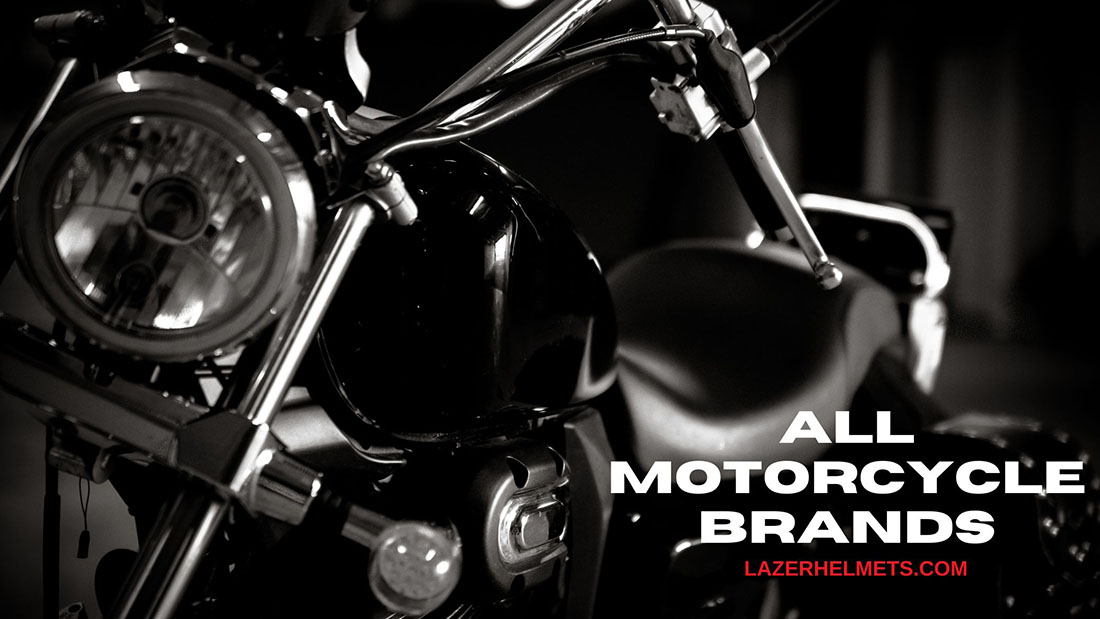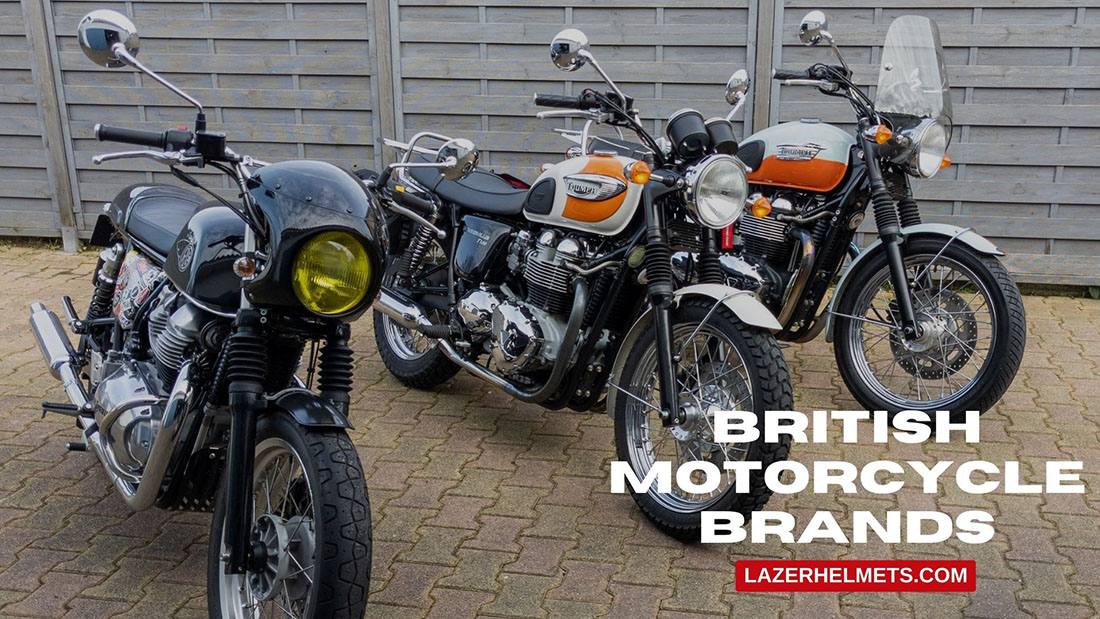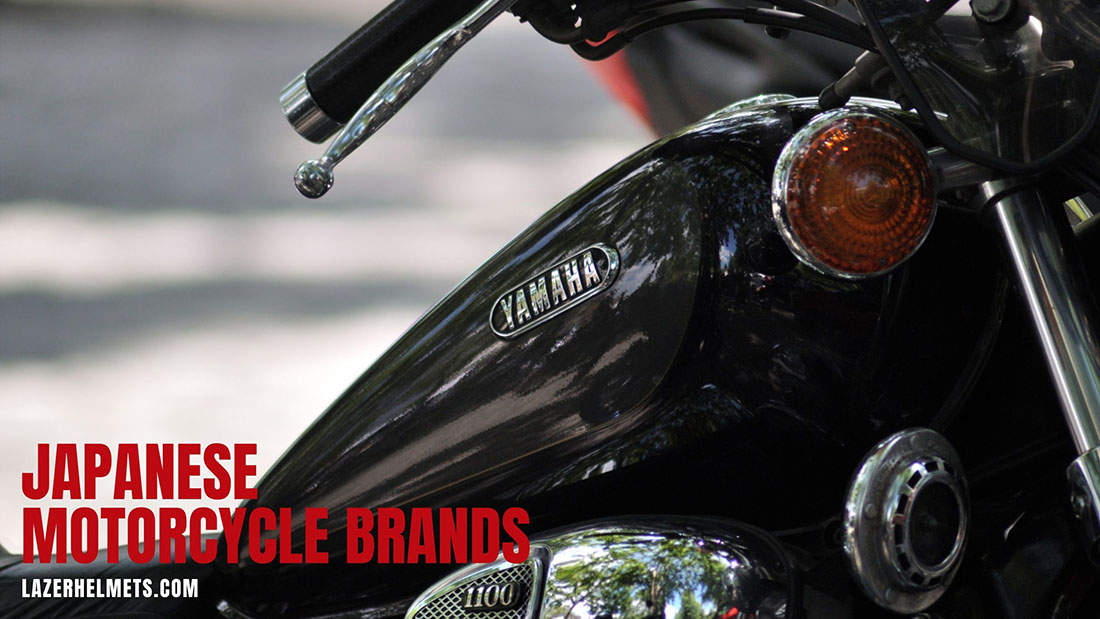MPG, short for mileage per gallon, is the distance a vehicle can travel per gallon of fuel. As the gas price increases, motorists begin to pay more attention to this indicator.
So what is the average miles per gallon for a motorcycle? Scroll down to learn!
Table of Contents
How Many Miles Per Gallon Do Motorcycles Get?
The gas mileage of motorcycles averages around 55 MPG, fluctuating depending on design, age, or environmental conditions. Semi-automatic models can reach 87 MPG, while it might be 80 MPG for scooters and drop to 35 MPG for touring bikes and 30 MPG for sportbikes.
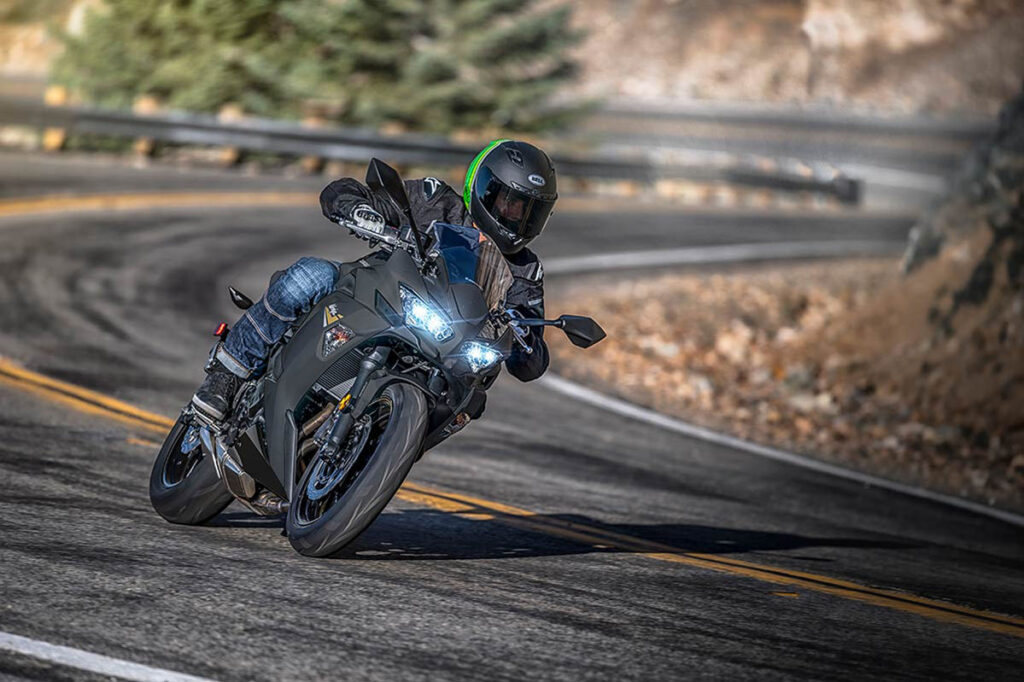
Some small models have low operating costs due to the high MPG rating of about 100-150. Meanwhile, larger engines or touring bikes can reach 30-50 miles per gallon.
Refer to the table below for the rundown of motorcycle MPG charts for popular brands.
| Brands | Notable Models | Gas Mileage |
| Honda | 2021 Rebel 471cc | 67 |
| Suzuki | V-Strom 650 | 54 |
| Kawasaki | Versys-X 300 296cc | 60 |
| Vulcan 500 LTD 649cc | 50 | |
| BMW | F650GS 652cc | 63 |
| G310GS | 71 | |
| Yamaha | Bolt R-Spec 942cc | 65 |
| YZF-R1 998cc | 32 | |
| Harley-Davidson | Sportster S | 49 |
| Softail Standard | 47 | |
| Iron 883 | 51 | |
| Low Rider S | 47 |
Factors That Determine MPG
Engine Size
As a rule of thumb, the average fuel consumption of a motorcycle is inversely proportional to its capacity – the more powerful the engine, the lower the MPG. Technically, this conclusion is related to engine displacement, representing the distance the piston traveled in a suction stroke.

In simple terms, it indicates the volume of air-fuel mixture (cubic centimeters) entering the cylinder. Larger engines require higher input, thus reducing their MPG range. Refer to the chart below for the estimated fuel economy for each type of engine (for references only).
| Engine Capacity | Average Miles Per Gallon |
| 50cc | 120–150 |
| 100cc | 100-130 |
| 125cc | 90-120 |
| 250cc | 70-100 |
| 350cc | 60-90 |
| 500cc | 50-90 |
| 650cc | 40-80 |
| 750cc | 40-60 |
| 1000cc | 30-60 |
The number of cylinders and the cooling system also contribute to the measurement. Despite having the same displacement, single-cylinder engines are less fuel-efficient than two-cylinder ones. However, both of these options lag behind 4-stroke engines.
See more: 2 Stroke And 4 Stroke Dirt Bikes
Type Of Motorcycle
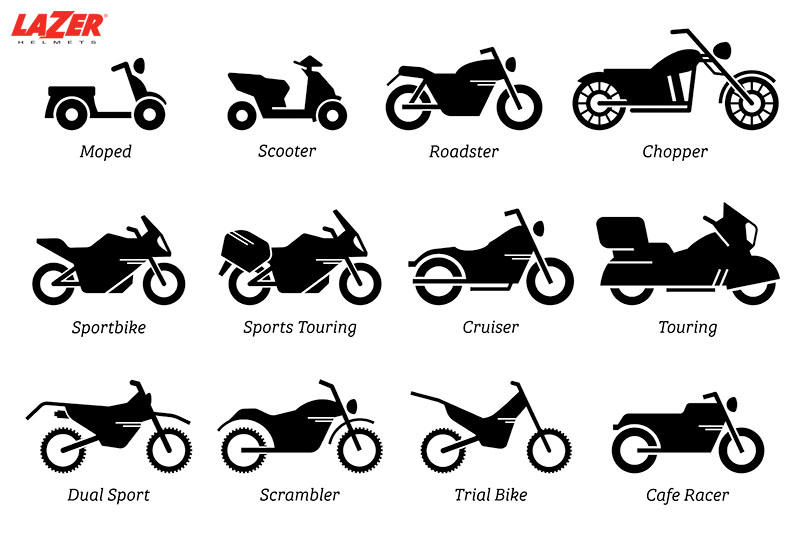
Many factors are involved in this category, including curb weight, aerodynamics, or tire design. For example, cruiser motorcycles that are heavier than sportbikes get lower MPG.
When it comes to aerodynamics, the design of a motorcycle determines the actual fuel efficiency as the vehicle itself has to resist air resistance. Not all models come up with fairings, so they do not achieve optimal aerodynamics.
Specifically, adventure bikes and cruisers do not serve this feature, so they already have a low MPG before you get on the pedal.
Riding Conditions & Manners
Many external factors affect fuel efficiency, such as wind pressure, road conditions, driving speed, rider weight, etc. All these factors increase drag or load, thereby reducing the gas mileage of a motorcycle.
Case in point, the air resistance in the opposite direction of your driving creates a strong drag. The engine then has to work harder, thus consuming more fuel.
Continuously pressing the brake or clutching on off-road or hilly trails also leads to the same result. When you suddenly twist the throttle, a large air mixture enters the combustion chamber.
Unfortunately, the spark plug fails to generate enough spark for combustion, and the remaining fuel escapes from the exhaust. That’s how you waste energy.
Tips To Increase Your Fuel Efficiency
Motorcycles travel 2-4 times more miles per gallon of gas than cars. On the bright side, you can save even more by following our usage and maintenance tips below:
Track the fuel consumption figure of your motorcycle:
Fill your gas tank and keep track of the odometer. Keep hitting the road until your vehicle has run out of fuel. Refill and remember to record the number of gas gallons.
Check the odometer and divide the ridden mile by the amount of fuel. It would help to repeat the calculation 2-3 times and take the average for the correct result.
Maintain your tire pressure:
Under-inflated or over-inflated tires create excessive drag, causing the engine to overwork. Hence, follow PSI recommendations, even with aftermarket items, and consider efficient tires for amazing performance.
Follow maintenance schedule:
Complying with the recommended maintenance schedule is the best way to moderate the mechanical resistance inherent in the engine. Mechanics may change the oil or fill it up with the necessary fluid so that the internal components do not rub against each other
Drive at a steady speed:
Strong acceleration is never ideal for fuel economy ratings. Instead, slow down if possible and stay at 35-40 mph (except on highways).
Adjust your riding style:
Not many people know that their actions reduce the health of the motorcycle, including fuel efficiency. For example, idling consumes gas but doesn’t move your car further. Less braking and less weight are good for your vehicle too, so avoid stop-and-go traffic as much as possible.
Invest in the right fuel:
Not all high-octane premium fuels are good for your engine. These options may lower the combustion temperature affecting MPG. It is best to stick to the manufacturer’s recommendations.
FAQs
Why Is MPG Getting Worse?
There are many reasons behind the poor gas mileage, such as:
- You’re driving in extreme conditions
- Your motorbike is old
- Your vehicle is overloaded
- The air filter or tires need a new one
Take your vehicle to a trusted auto center for accurate diagnosis and treatment.
Do Motorcycles Have Better MPG Than Cars?
Absolutely, YES. Motorcycles achieve better MPG than cars.
Conclusion
Though motorcycle manufacturers publish gas mileage values to their customers, they may differ significantly from actual consumption. Some brands have been accused of misleading riders by inflating the motorcycle MPG.
However, you should review your route and riding habits to consider if these external factors impact the fuel efficiency. Plus, pay close attention to the maintenance schedule to keep your motorcycle in good condition.

